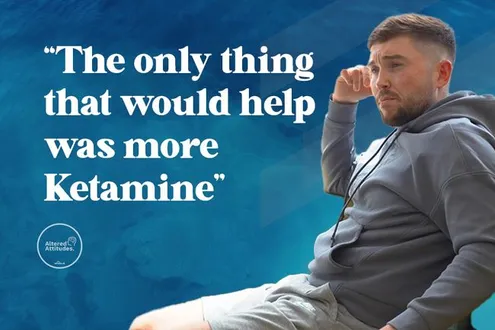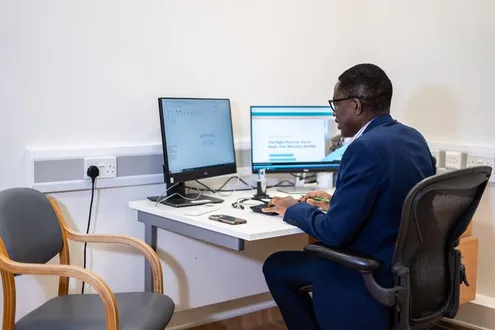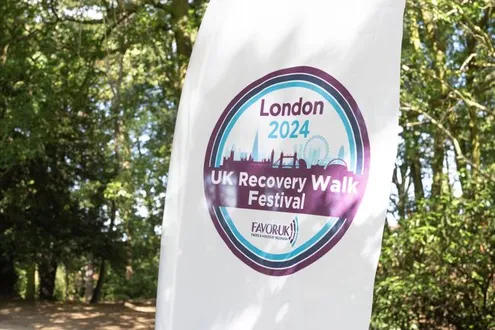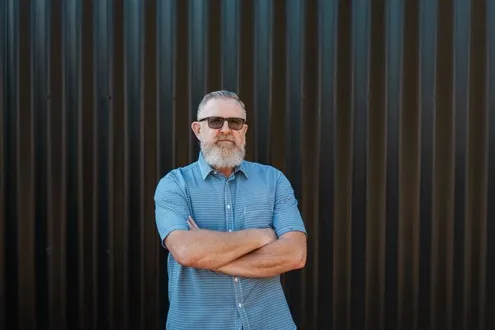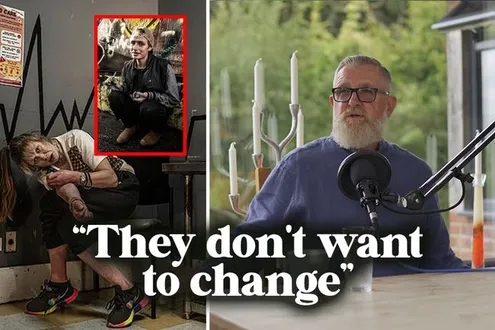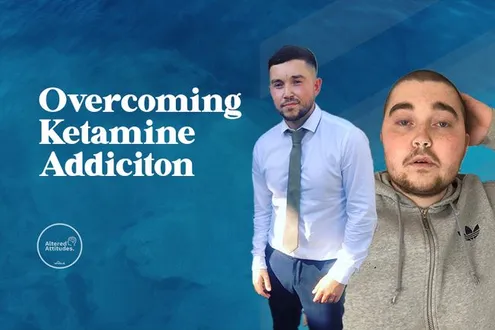Created in the 1950s by psychologist Carl Rogers, this therapy promotes a humanistic approach. This type of talking therapy explores the way you perceive yourself consciously, rather than how a therapist interprets your unconscious thoughts or ideas.
The fundamental thought behind the therapy is that people have an innate capacity and desire for personal growth and change. However, the ability to develop towards your full potential can become restricted or distorted by life experiences and in particular, those life experiences that negatively affect your sense of value and self-worth.
This type of therapy treatment works to unravel experiences from the individuals perspective in a bid to help them feel accepted so they understand their feelings better. The overriding goal is to reconnect them with their values and sense of worth to pave the way for moving forward and progressing on the road to recovery.
At Rehabs UK the therapists we are connected to specialise in addiction and can offer therapy online or face-to-face making it hugely accessible to those who need it.
Want to know more? Contact a Treatment Advisor for a free assessment.
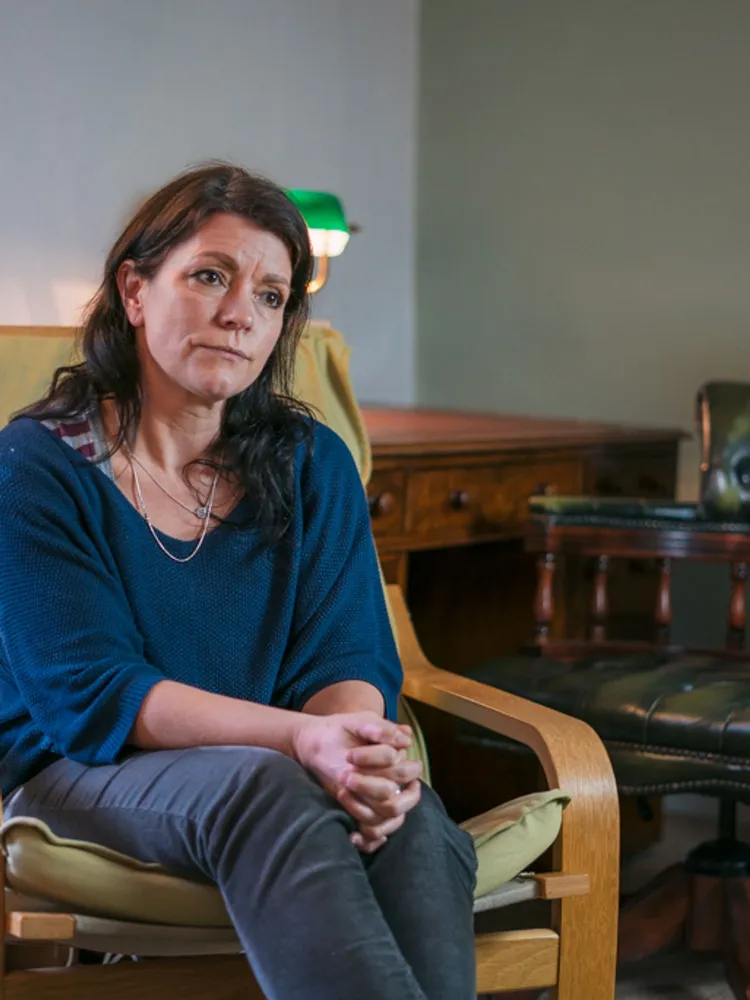
Person-Centred Therapy works by allowing you to explore and tap into your own strengths and personal identity. It encourages you to take an active role in your recovery and to come up with your own strategies for living substance-free.
Unlike the approach of many traditional therapies, Person-Centred Therapy encourages the client to lead the process. Your therapist will listen, encourage and support you without interrupting or interfering with your process of self-discovery. In effect, you become the expert and your therapist facilitates your journey. It’s a collaborative process but you decide what course of action to take. Your therapist feeds back and clarifies your responses to enable you to get a clearer picture of what needs to change. Person-Centred Therapy can help you find a balance between who you are and who you want to be.
This type of therapy can help in several ways. Firstly, it takes the focus away from the substance you are addicted to. Drugs or alcohol misuse and its associated addicted behaviour are not the sole focus. The emphasis broadens to explore you, as a whole person and your perception of reality. It allows you to explore how you battle with addiction and why you might engage in certain behaviours.
Person-centred therapy can be used to treat most addictions. It is a judgement free zone. Addiction often stems from events in your past which have damaged the individual emotionally. These may involve things that they may not want to talk about. This type of therapy aims to help the individual to discover and realise these thoughts and feelings in a safe environment. Person-centred therapy has the ability to help with other personal issues. Some of these are listed below:
- Value recovery
- Increase confidence
- Realise personal strengths
- Develop coping skills
- Gain positive awareness
- Grow as a person
- Disconnect from addiction



